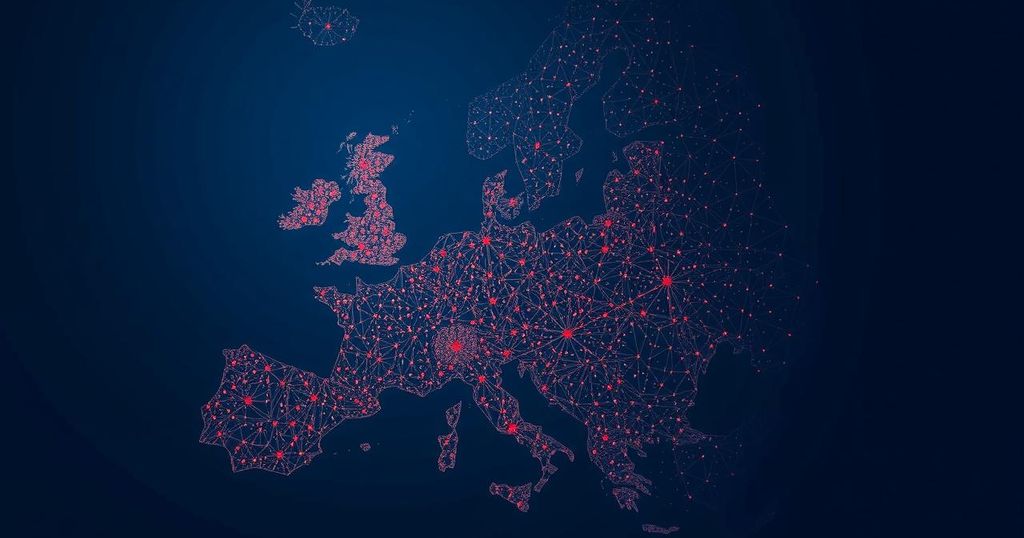Germany Set for Snap Elections on February 23 Amid Coalition Collapse

Germany is scheduled for snap elections on February 23 after Chancellor Scholz’s coalition collapsed. The date was set following a compromise between major parties, addressing urgent political stability needs amid economic challenges and international pressures. Scholz faces a confidence vote, and the election marks a key moment in Germany’s political landscape as it responds to shifting dynamics both domestically and across Europe.
Germany is poised to conduct snap elections on February 23 following the recent dismantling of Chancellor Olaf Scholz’s three-party coalition. This election date, established through a consensus between the two leading parties, addresses urgent circumstances arising from the coalition’s collapse, which Scholz attributes to economic disagreements and the departure of the Free Democratic Party after major tensions regarding fiscal policy. The decision reflects a compromise between the conservative opposition advocating for an earlier vote and Scholz’s preference for more time to prepare, ultimately leading to an agreement deemed realistic by President Frank-Walter Steinmeier. As the nation prepares for this election, the need for political stability is critical, particularly as Germany confronts economic challenges, including rising inflation and geopolitical tensions such as Russia’s war against Ukraine. With the coalition’s dissolution pushing forward an impending confidence vote, the outcome will influence Germany’s response to emerging political dynamics within Europe, especially given the broader implications of Donald Trump’s potential return to global affairs. In light of these developments, the conservative Christian Democratic Union and the Christian Social Union have emerged in a strong position in the polls, while the far-right Alternative for Germany continues to capitalize on the rising fears regarding immigration. This uncertain landscape not only necessitates decisive leadership within Germany but also raises concerns about the future of the European Union’s cohesiveness in addressing collective challenges. Scholz’s coalition was historically significant, marking the first tripartite alliance at the national level in Germany, but as political preferences shift, the need for effective governance becomes paramount to maintain internal security and international reliability during this transitional phase.
The backdrop to this upcoming snap election is the recent collapse of Chancellor Scholz’s coalition government, which included parties representing a diverse range of political ideologies. Scholz’s coalition faced significant challenges due to divergent views on economic policy and fiscal measures, ultimately leading to the exit of the Free Democratic Party. As these political dynamics unfold, Germany is poised not only to reshape its domestic landscape but also to address the ramifications of international relations, notably in light of a changing political climate with Donald Trump’s resurgence.
In conclusion, Germany’s impending snap elections on February 23, following the dissolution of Chancellor Olaf Scholz’s coalition government, signify a critical juncture for the country. The urgency for political stability amidst economic pressures and geopolitical complexities reflects the need for cohesive governance. As the nation prepares to navigate these challenges, the results of the election will play a pivotal role both in domestic politics and in Germany’s alliances within the European Union.
Original Source: www.aljazeera.com







